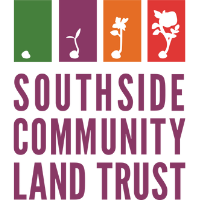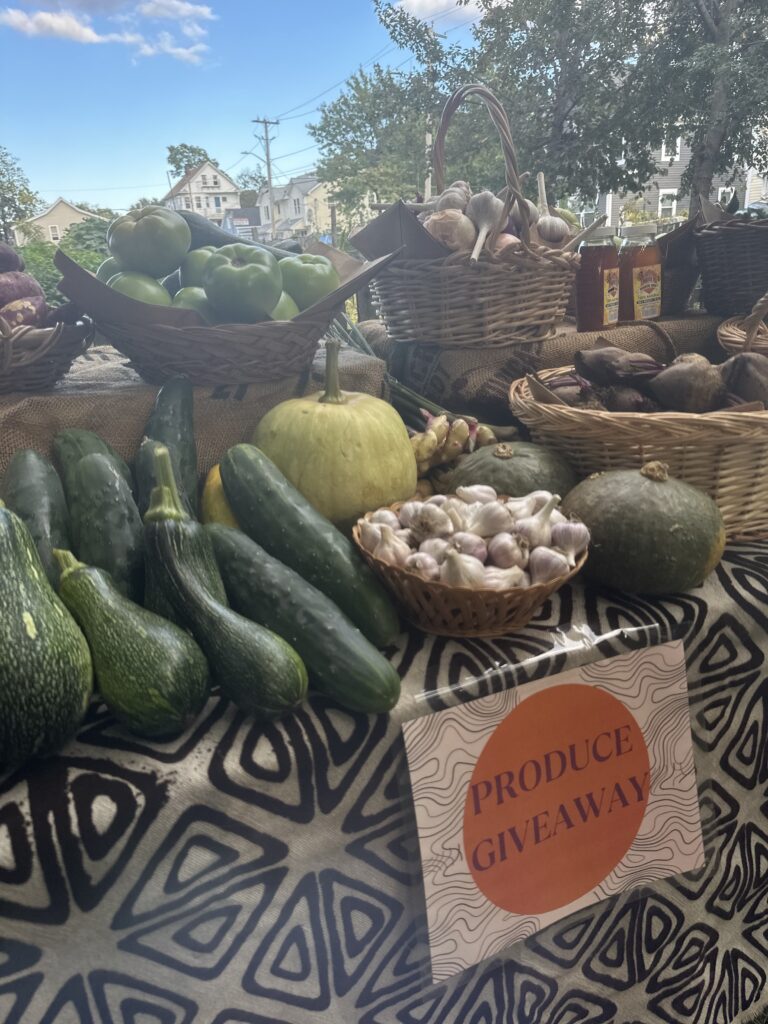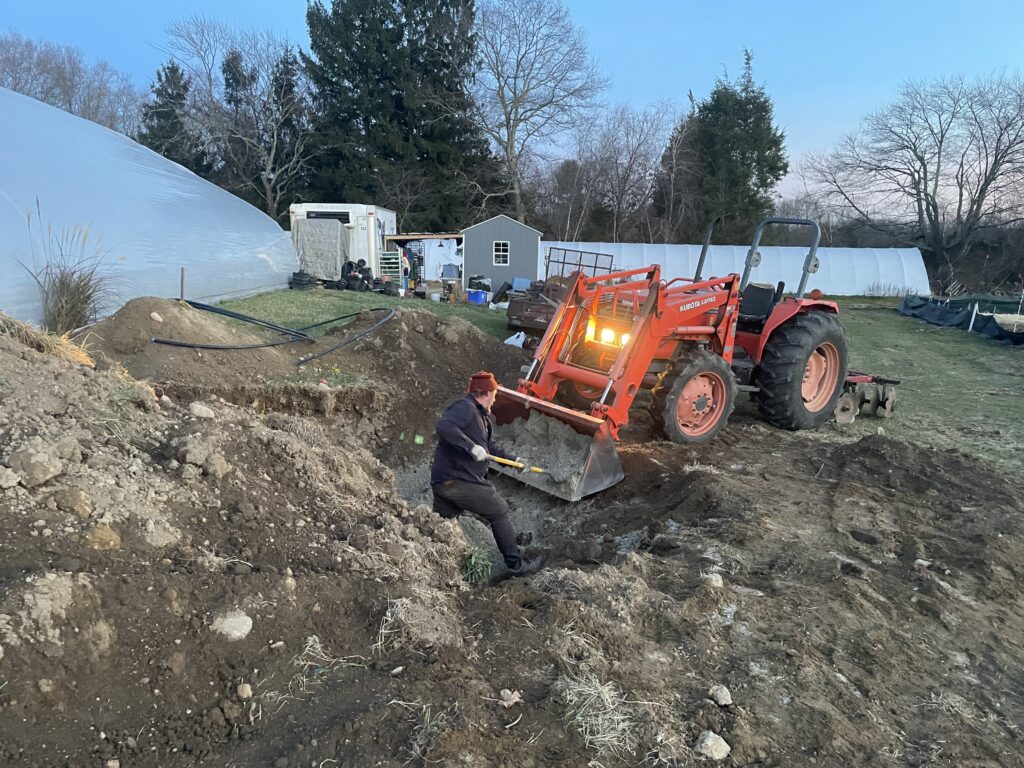
SCLT, DEM staff tour Hmong Rhode Island Association’s farm in Cranston, October 2024
SCLT is facing an unprecedented financial challenge as federal funding freezes and contract cancellations have resulted in a staggering $600,000 reduction to our annual budget. This severe cut threatens the very foundation of our work in Rhode Island’s most vulnerable communities at a time when food insecurity continues to rise across the state.
“This isn’t just about numbers on a spreadsheet—it’s about real people who depend on our programs every day,” says Executive Director Margaret DeVos. “We’re now forced to make difficult decisions about staffing and program capacity that will directly impact the communities we’ve served for over four decades. Despite these challenges, we remain committed to our mission, but we need our community’s support now more than ever.”
The impact of these cuts extends far beyond our organization. Last year, 25,000 people ate food grown on SCLT farms—food that reached families through our network of 16 community food access partners. Our Youth Program provided meaningful employment to 50 emerging adults, while our certified farm apprentice program trained 7 new farmers. Additionally, 350 community gardeners fed themselves and their families from plots on SCLT land, and 40 small-scale farmers—predominantly farmers of color—operated 28 small farm businesses across our urban and rural farm sites.
These programs represent more than just food production; they embody SCLT’s commitment to building food sovereignty and economic opportunity in historically underserved communities. Each program faces potential reductions as we navigate this funding crisis. Staff positions that coordinate these vital services are at risk, threatening our capacity to maintain the same level of support that our communities have come to rely upon.
As we work to adapt to this new reality, we’re calling on our supporters to help bridge the gap. Your donations, memberships, and participation in events like our upcoming Plant Sale directly fund the programs now threatened by federal cuts. While we advocate for the restoration of federal support, community contributions have become more crucial than ever to sustaining our work. Together, we can ensure that Rhode Island’s most vulnerable residents don’t lose access to fresh, affordable food and the economic opportunities that our programs provide.
Consider becoming an SCLT member, or making a donation to fuel our mission.

 Mark your calendars for SCLT’s most important fundraiser of the year: the 33rd Annual Rare & Unusual Plant Sale returns to City Farm on May 17 and 18, 2025. This beloved community tradition comes at a critical moment as we face unprecedented challenges from federal funding freezes that threaten many of our core programs.
Mark your calendars for SCLT’s most important fundraiser of the year: the 33rd Annual Rare & Unusual Plant Sale returns to City Farm on May 17 and 18, 2025. This beloved community tradition comes at a critical moment as we face unprecedented challenges from federal funding freezes that threaten many of our core programs.




 Southside Community Land Trust and Roots 2Empower invite you to join us for the first in a powerful series of workshops exploring the intersection of food justice, Black agricultural heritage, and community empowerment.
Southside Community Land Trust and Roots 2Empower invite you to join us for the first in a powerful series of workshops exploring the intersection of food justice, Black agricultural heritage, and community empowerment.




